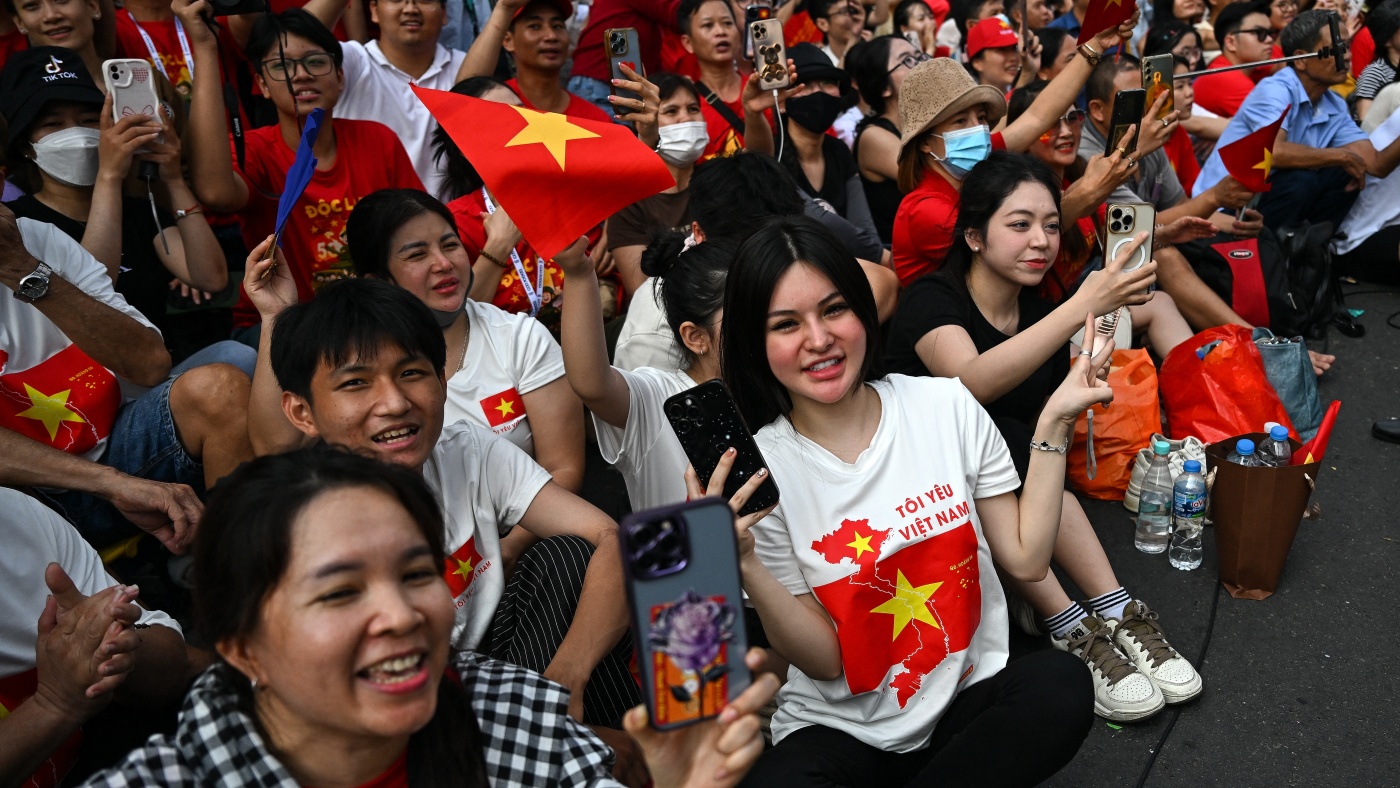Vietnam’s 50th Anniversary of the End of the Vietnam War: A Reflection on Unity and Progress
Introduction: A Nation Reborn
Fifty years ago, on April 30, 1975, the Vietnam War came to an end with the fall of Saigon. This moment marked not just the conclusion of a devastating conflict but the beginning of a new chapter for Vietnam—one defined by resilience, reconciliation, and remarkable transformation. In 2025, as Vietnam commemorated this historic milestone, the celebrations were more than a remembrance of war; they were a powerful statement about unity, peace, and the nation’s journey forward.
The Legacy of April 30, 1975
The fall of Saigon was a turning point in Vietnam’s history, symbolizing both the end of foreign intervention and the reunification of North and South Vietnam under a single government. For many Vietnamese, this date represents liberation, but it also carries the weight of a painful past. The 50th anniversary served as an opportunity to reflect on the war’s complex legacy—honoring the sacrifices made while acknowledging the divisions that once tore the nation apart.
A Celebration of Unity and Strength
The anniversary festivities were grand in scale, featuring military parades, cultural performances, and speeches emphasizing national solidarity. The presence of Chinese soldiers marching alongside Vietnamese troops was a striking symbol of mended diplomatic ties and regional cooperation. Rather than glorifying military victory, the events highlighted Vietnam’s commitment to peace and collective progress.
Key elements of the celebrations included:
– Military Displays: Showcasing Vietnam’s modernized armed forces, the parades demonstrated both discipline and technological advancement.
– Cultural Tributes: Traditional music, dance, and art performances celebrated Vietnam’s rich heritage and post-war revival.
– Messages of Reconciliation: Leaders emphasized the importance of healing past wounds, both domestically and internationally.
Reconciliation: An Ongoing Journey
While the anniversary was a moment of pride, it also underscored that true reconciliation remains a work in progress. To Lam, a prominent Vietnamese official, acknowledged that the war’s scars still influence national identity and unity. This candid recognition is crucial—Vietnam’s path forward depends on addressing lingering divisions, fostering dialogue, and continuing efforts to integrate all segments of society.
Vietnam’s Remarkable Transformation
From a war-ravaged country to one of Southeast Asia’s fastest-growing economies, Vietnam’s progress over the past 50 years has been extraordinary. Key achievements include:
– Economic Growth: Market reforms and foreign investment have propelled Vietnam into a global manufacturing hub.
– Social Development: Improved education, healthcare, and infrastructure have lifted millions out of poverty.
– Global Integration: Membership in international organizations and stronger ties with former adversaries, like the U.S., highlight Vietnam’s diplomatic evolution.
The anniversary celebrations were a testament to this progress, with displays of modern infrastructure, innovation, and a forward-looking vision.
The Role of International Relations
Vietnam’s ability to rebuild and thrive has been shaped by its diplomatic engagements. Normalized relations with the U.S., partnerships with neighboring countries, and participation in global trade agreements have all played pivotal roles. The presence of foreign dignitaries at the anniversary events reinforced Vietnam’s position as a key player in regional stability and economic cooperation.
Looking Ahead: Vietnam’s Future
As Vietnam moves beyond the 50th anniversary, the focus remains on sustainable development, social harmony, and global leadership. The younger generation, many of whom have no direct memory of the war, will carry forward the lessons of resilience and unity. Challenges such as environmental sustainability, economic equity, and geopolitical tensions will test Vietnam’s progress, but the anniversary served as a reminder of what the nation has already overcome.
Conclusion: A Beacon of Hope
The 50th anniversary of the end of the Vietnam War was more than a historical marker—it was a celebration of how far Vietnam has come and a reaffirmation of its commitment to peace and unity. By honoring the past while embracing the future, Vietnam stands as a powerful example of transformation and hope. The world watched as a nation once defined by conflict showcased its strength not through weapons, but through unity, culture, and an unwavering belief in progress. As Vietnam continues its journey, it carries with it the lessons of resilience, the promise of reconciliation, and the determination to build a brighter tomorrow.











